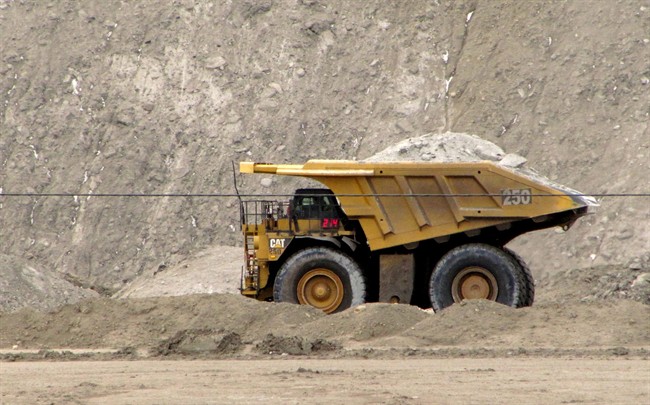Now, why would the B.C. government — that pillar of environmental moral rectitude — be fighting our American friends about protecting “pristine” waterways?

A recent news story reported that Canadian officials are suppressing new data contained in a report by the International Joint Commission by refusing to endorse the report’s release.
Since the 1990s, there has been a growing problem of selenium contamination caused by the operation of five coal mines on the Elk and Fording rivers.
These rivers have levels of selenium that are 70 times higher than the Flathead River, which has no coal-mine development upstream.
The levels exceed B.C.’s guidelines to protect human health and the environment. Health effects from overexposure to selenium include gastrointestinal disorders, nerve damage, liver cirrhosis and death in humans, while fish become deformed and unable to reproduce.
I spoke about it with Erin Sexton, a senior scientist with the University of Montana. She describes the cleanup and mitigation as a series of false starts by the company responsible, Teck Resources, and poor regulatory oversight by the B.C. government.

Get breaking National news
Teck didn’t build a water-treatment plant until 2014, but it is currently closed. Instead of cleaning up the mess, it made the problem worse by converting selenium into a form more easily absorbed by plants and animals. Teck was fined $1.4 million in 2017 and is being investigated for further violations.
LISTEN: Senior scientist Erin Sexton talks B.C. mining toxins with Danielle Smith
Why isn’t Premier John Horgan all over this and demanding the release of the report? Surely, you must be thinking, the B.C. government wouldn’t dream of opposing the Trans Mountain pipeline for environmental reasons, and then turn a blind eye to environmental damage caused by companies operating within their own borders. They wouldn’t possibly put economic considerations above the environment.
I am certain that the fact there are 4,000 union jobs at the mines in B.C. has no bearing on the government’s lack of action.
I am equally certain that the B.C. government plans to expand the allowance for more coal mining has nothing to do with earning additional government revenues.
It is also very unlikely that Westshore Terminal — the largest coal export marine terminal in all of North America, and which spends billions of dollars to support its operations in the Metro Vancouver area — has any sway over government decision-making. Right?
Let’s just remember the next time Greenpeace activists hang off a bridge to protest the minuscule risk of a tanker spill, that they are ignoring a serious and immediate problem right in their own backyard.
Danielle Smith can be reached at danielle@770chqr.com
- 35 court dates and no trial: Family of B.C. double homicide victims frustrated by delays
- ‘Embarrassing’: Vancouver councillor calls out mayor over drugs comment controversy
- ‘Like a spelling mistake’: B.C. teen’s DNA ‘corrected’ to cure rare disease
- ‘Ghosted’: Canadians stranded in Puerto Vallarta say they are abandoned by WestJet












Comments
Want to discuss? Please read our Commenting Policy first.